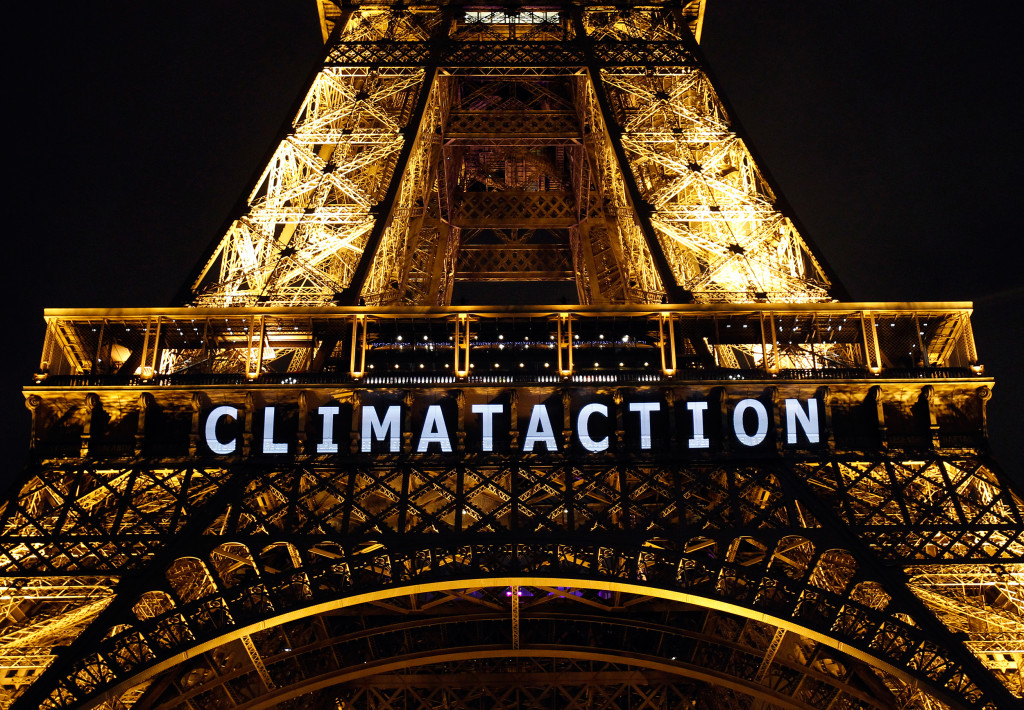This study addresses the intricate issue of enforcing international cooperation, with a primary focus on climate change agreements like the Paris Agreement. It delves into the concept of “naming and shaming” as an enforcement mechanism in the absence of stronger alternatives, exploring when and how it influences state behavior towards greater cooperation. Drawing insights from a comprehensive survey of experienced diplomats involved in designing the Paris Agreement, the study reveals that naming and shaming are most effective in countries with high-quality political institutions, strong internal concerns about climate change, and ambitious and credible international climate commitments. However, it also highlights the limitations of this approach in countries with less motivation for climate action. Additionally, the paper sheds light on the preference of climate diplomacy experts for official intergovernmental actors in the naming and shaming process, challenging previous notions about the role of NGOs and the media. Overall, this research underscores the complexities of enforcing global cooperation on climate change and sets the stage for crucial policy debates on enhancing its enforceability.





